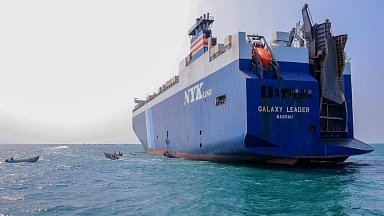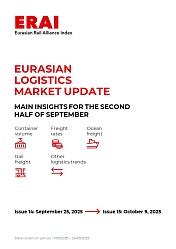A number of industry insiders highlighted that China Railways has issued a suspension order, claiming the congestion at the stations of the ports as the main reason. Concerning the Manzhouli dry port, the exemptions include China Railway Express, containers, and key materials. As for Korgos, the exemptions include China-Europe and Central Asia trains, containerized commercial vehicles, and key materials.
Such suspension orders are not uncommon. On 2 July 2022, China Railway issued an emergency suspension order, announcing that all the goods loaded at the Alashankou and Khorgos border crossings at all stations along the road will be suspended. This suspension was a little shorter than the current one in Khorgos and Manzhouli, having lasted for less than a week.
The cause may be wagon shortages in Russia
The industry insiders said that the current suspension may be linked to wagon management in Russia. Russian Railways needs to schedule the supply of wagons for domestic and transit transport, leading to a lack of wagons for international transport. The goods, therefore, cannot enter Russia and consequently cause congestion at the border crossings involved. Chinese dry ports are not the only example of this type of congestion: transit countries are as well.
For example, Mongolia had about 2,100 40-foot containers waiting for transshipment at the Zamyn-Uud port, in the southeast of the country on 14 February. In order to solve the congestion, the railway representatives of Mongolia, Russia, and China held consultations at the China-Mongolia-Russia Railway Representative Meeting in early February and decided to increase the number of trains exchanged daily will to 15 broad-gauge trains and 8 narrow-gauge trains, adding three trains in total.




